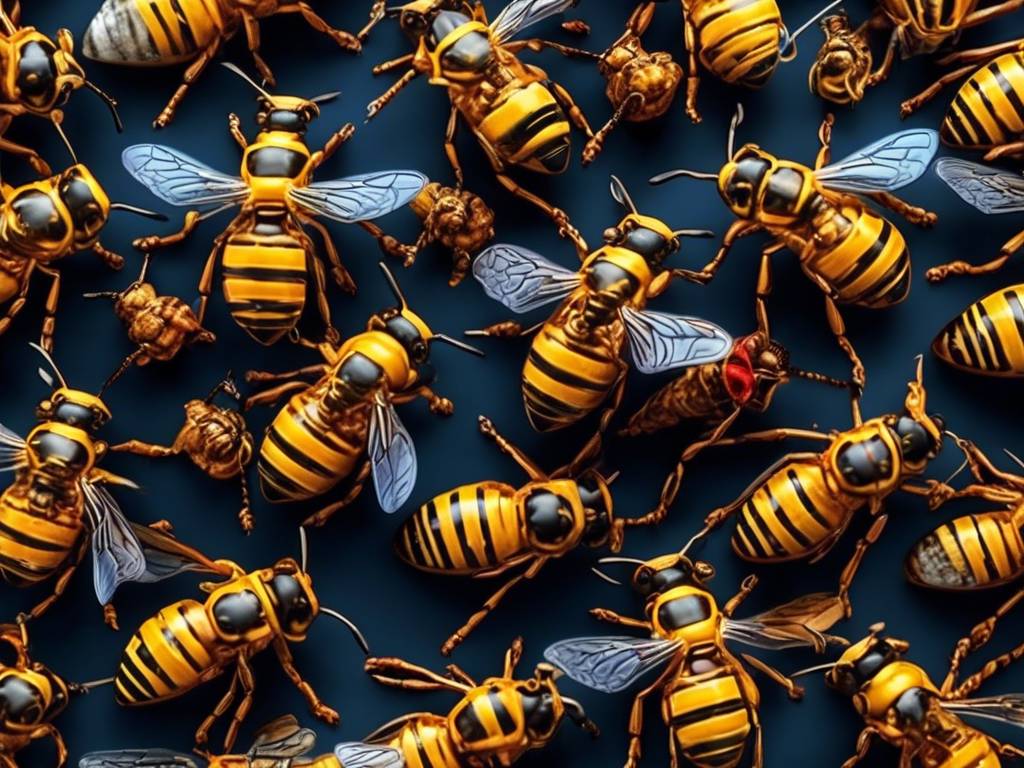Revolutionizing Pest Control with AI
Invasive Asian hornets have been wreaking havoc across the globe, preying on native pollinators like honeybees. These hornets are often misidentified for other species, allowing them to evade detection and control measures. To combat this threat, a team from the University of Exeter has developed an AI-driven system called VASP AI, which aims to revolutionize pest control methods. Here’s how this innovative technology is changing the game in the fight against invasive Asian hornets.
The Functioning of VASP AI
– VASP AI is not a trap, but a passive bait or monitoring station
– Liquid hornet attractant made with sugar and fermented fruit compounds lures in hornets and wasps
– Equipped with a camera to capture images of insects
– AI analyzes images to identify Asian hornets
– Operators receive email or text alerts upon identification of a hornet
– Early detection is crucial to prevent invasion and establishment of new populations
– Prevents production of new queens and further spread of hornets
– Traditional methods rely on public reports and manual validation of images
– VASP AI offers a more efficient and non-invasive alternative
Benefits of VASP AI
– Low ecological impact compared to traditional hornet trapping methods
– Does not harm native insects or pollinators
– Successfully distinguished between Asian and European hornets in testing
– Demonstrated accuracy and effectiveness in identifying invasive species
– Provides a completely automated monitoring process
– Operates without constant human intervention
Future Prospects for VASP AI
– Plans to deploy additional prototypes in the UK
– Intend to expand usage in areas with increased sightings of Asian hornets
– Aims to establish a vigilant and automated monitoring system
– Enhances efficiency and accuracy in pest control efforts
– Represents a promising solution for the ongoing battle against invasive species
– Offers a sustainable and effective approach to pest management
Hot Take: Embracing AI in Pest Control Efforts
In conclusion, the integration of AI technology in the fight against invasive Asian hornets marks a significant advancement in pest control strategies. The development of VASP AI by the University of Exeter demonstrates the potential for automation and innovation in addressing environmental challenges. By utilizing cutting-edge AI systems, researchers and conservationists can improve the efficiency and effectiveness of pest control measures while minimizing ecological impacts. As we continue to combat the threat of invasive species, AI-driven solutions like VASP AI offer a promising path forward in safeguarding native biodiversity and ecosystems.





 By
By
 By
By



 By
By